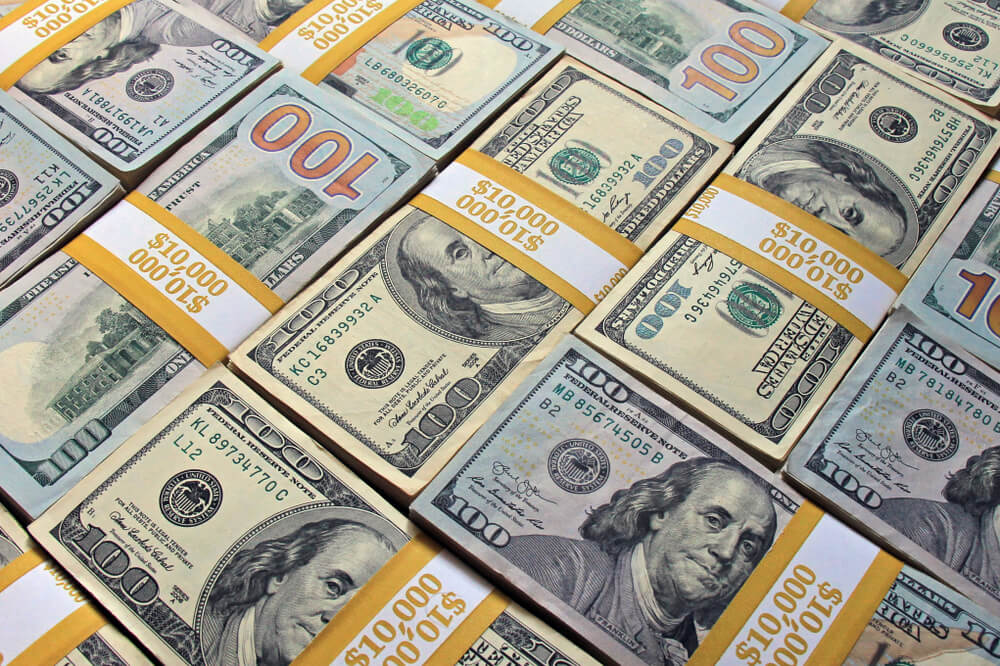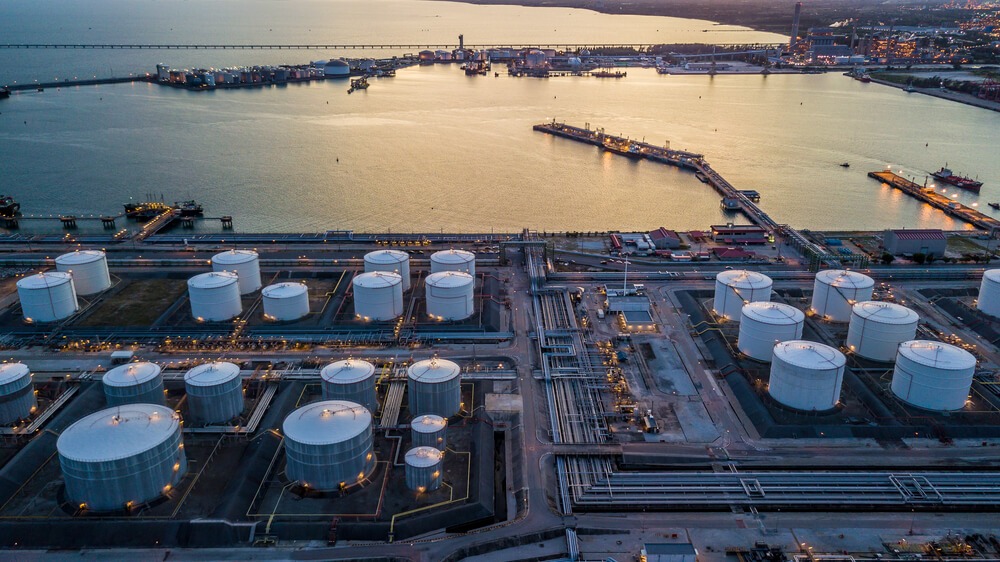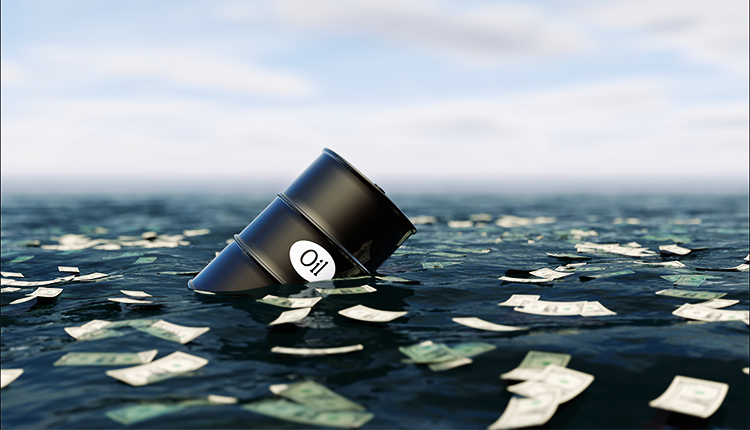The eurozone economy is in double-dip recession amid lockdown restrictions prompted by a resurgence in COVID-19 cases. The risks to their already weak outlook was slanted to the downside, according to a poll of economists.
Thwarted economic activity and rising unemployment pose a serious threat to their recovery. The European Union’s vaccine roll-out has been delayed. Moreover, concerns about new coronavirus variants support current lockdowns.
Just last month the economy was predicted to make a sharp recovery. It was forecasted to grow 0.6% this quarter after shrinking 0.7% in Q4.
But all anticipations changed in the Feb. 8-11 poll of over 75 economists. A spike in COVID-19 cases necessitated renewed restrictions. Again, economic and social activity were hampered.
In the latest poll, the eurozone economy was forecasted to contract 0.8% this quarter. That was after Gross Domestic Product (GDP) in the euro area contracted in the first two quarters of last year. This made current expectations a double-dip recession.
The risks to their growth outlook were pointing to the downside. This was a response from 28 of 36 economists who participated in the poll.
The economy was forecast to grow 2.1% in Q2 compared with 2.3% predicted last month. Moreover, it was then expected to expand 1.9% and 1.2% in Q3 and Q4, respectively. That’s compared to the 1.9% and 1.0% forecast in January.
The Eurozone Economy Seen Growing
The EU economy shrunk 6.9% in 2020 on an annual basis. Following this, the eurozone economy was seen growing 4.3% this year and 4.0% next. That’s compared to 4.5% and 3.9% previously predicted.
Europe’s recovery from a recession induced by the pandemic has been somewhat delayed. However, it should pick up pace from mid-year, European Central Bank (ECB) President Christine Lagarde said.
The ECB has projected that the euro zone GDP would return to pre-crisis levels by mid-2022. To that projection, almost 65%, or 22 of 34 economists, said yes.
The vaccine is the ultimate multiplier for investment and private consumption, said Ludovic Subran, chief economist at Allianz (DE:ALVG). Getting the vaccination campaign on track is key as it would allow for a return to pre-crisis levels by mid-2022, he added.
On monetary policy, 21 of 35 economists said no, when asked if the ECB would try to control the yield curve.
The central bank will not announce a target range for a long-term yield, simply because there is no euro long-term yield. This was a statement from Jens-Oliver Niklasch, economist at the LBBW bank.
But the ECB will try to curb any substantial increases in yield by its forward guidance and its asset purchase programme, he added.
















